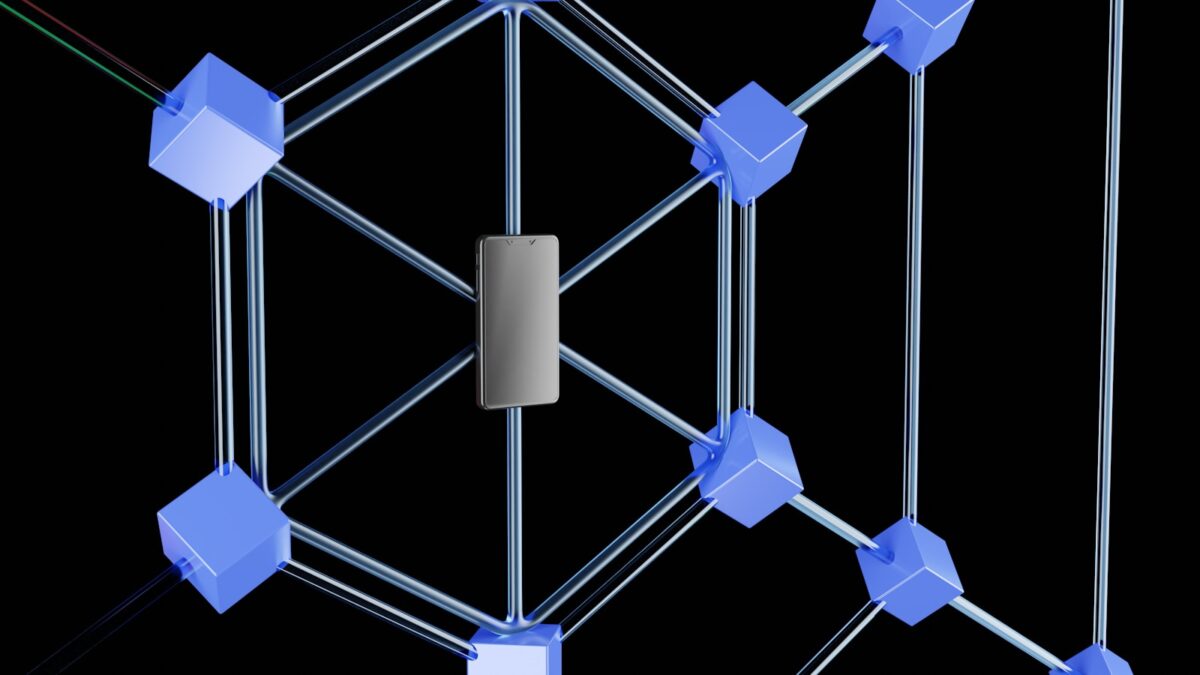Cryptocurrency rehypothecation risks
Leverage magnifies exposure beyond initial capital, creating multiple layers of obligations within decentralized lending networks. When collateral is reused across several counterparties, the effective risk multiplies by times unseen in traditional finance. This amplified interconnectedness can rapidly escalate defaults from isolated events to systemic failures. The practice of reusing pledged assets increases counterparty exposure exponentially, […]










